
Part-time Lecturers
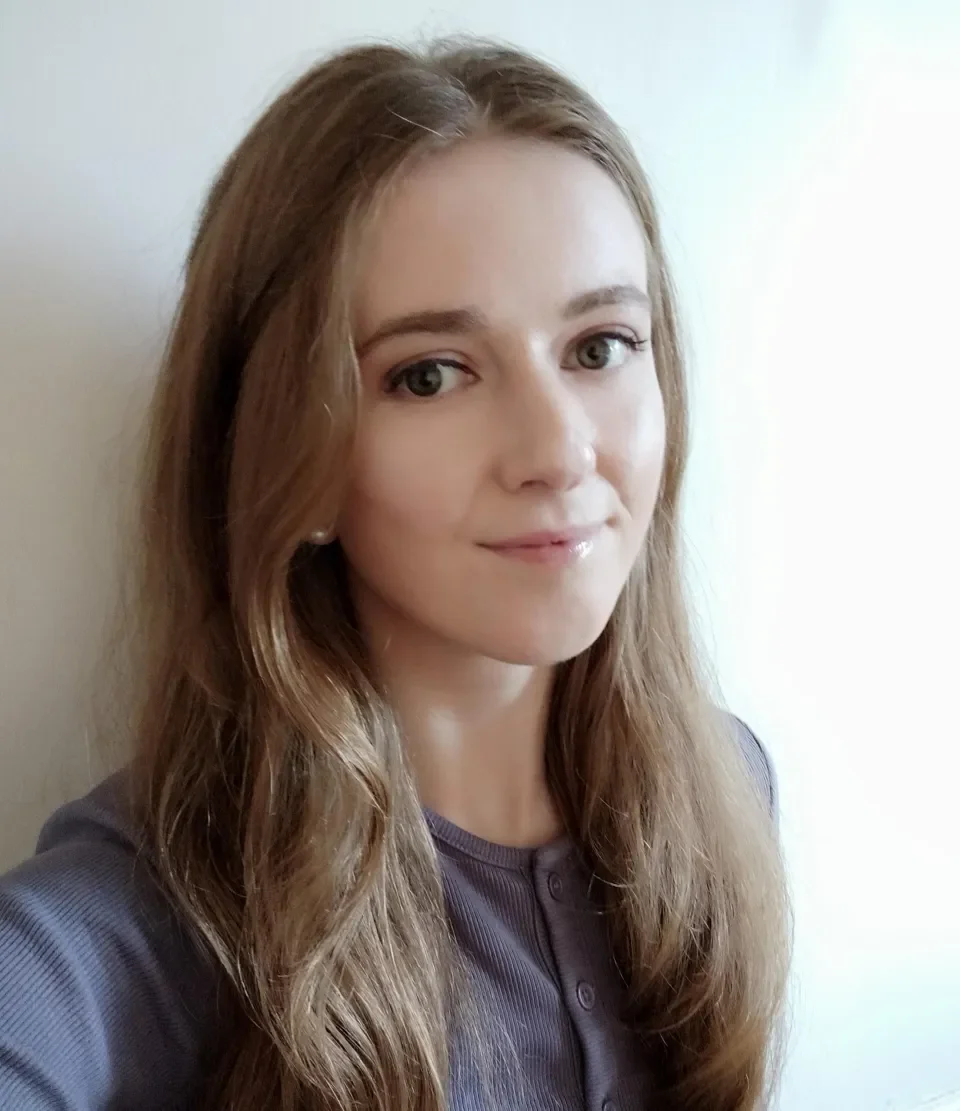
Bláithín Duggan
Name: Bláithín Duggan
Areas of Research: Popular Song, Digital Musicology, Performance Studies, Linguistics, The Beatles, Motown
Areas of Teaching: Popular music, music history
Email: blaithin.duggan@dcu.ie
Bláithín is a part-time lecturer and an academic technical assistant at Dublin City University. Bláithín’s research focuses on a multidisciplinary approach to the analysis and interpretation of nineteenth-and-twentieth-century popular song. This encompasses sound studies, performance studies, and paralinguistics. Bláithín is the author of The Beatles and Vocal Expression (Routledge, 2024), which is the first book-length study of paralanguage and popular song.
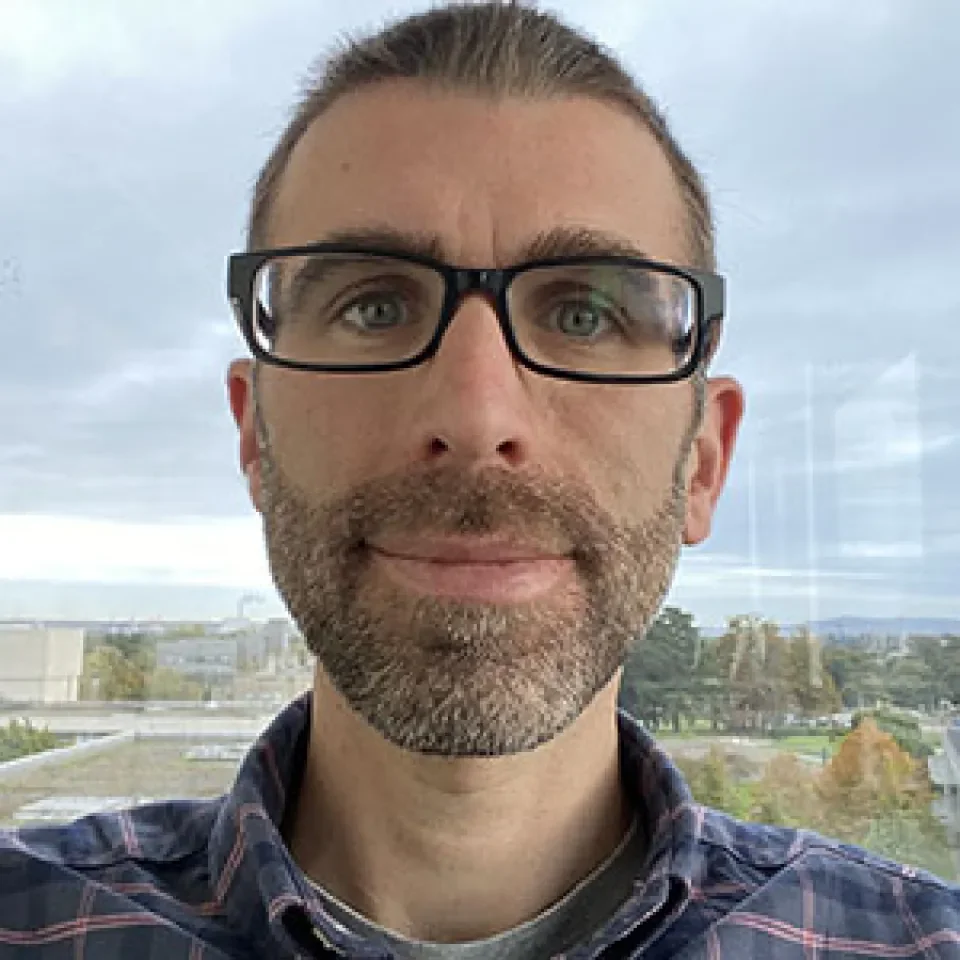
Peter D. Larsen
Name: Peter D. Larsen
Areas of research: Ancient Philosophy (especially Plato and Aristotle); Early Modern Philosophy (especially Berkeley); Philosophy of Mind; Philosophy of Perception
Areas of teaching: History of Philosophy; Logic; Philosophy of Religion; Aesthetics
Email: peter.larsen@dcu.ie
Peter D. Larsen is a part-time lecturer in philosophy in the School of Theology, Philosophy, and Music at DCU. He also teaches on the DCU Connected programme. He has previously held teaching positions at Trinity College Dublin and University College Dublin. In these capacities he has led modules on a wide range of topics in philosophy, both historical and contemporary. His research is primarily focused on ancient philosophy, especially questions surrounding the cognitive psychology of Plato and Aristotle. He also has an active research interest in Early Modern philosophy, especially the philosophy of George Berkeley. He is currently engaged in a wider project that considers the Platonic influences on Berkeley's early philosophy, including his immaterialism, idealism, philosophy of nature, and moral philosophy. For further details on his research output, please see https://philpeople.org/profiles/peter-larsen.
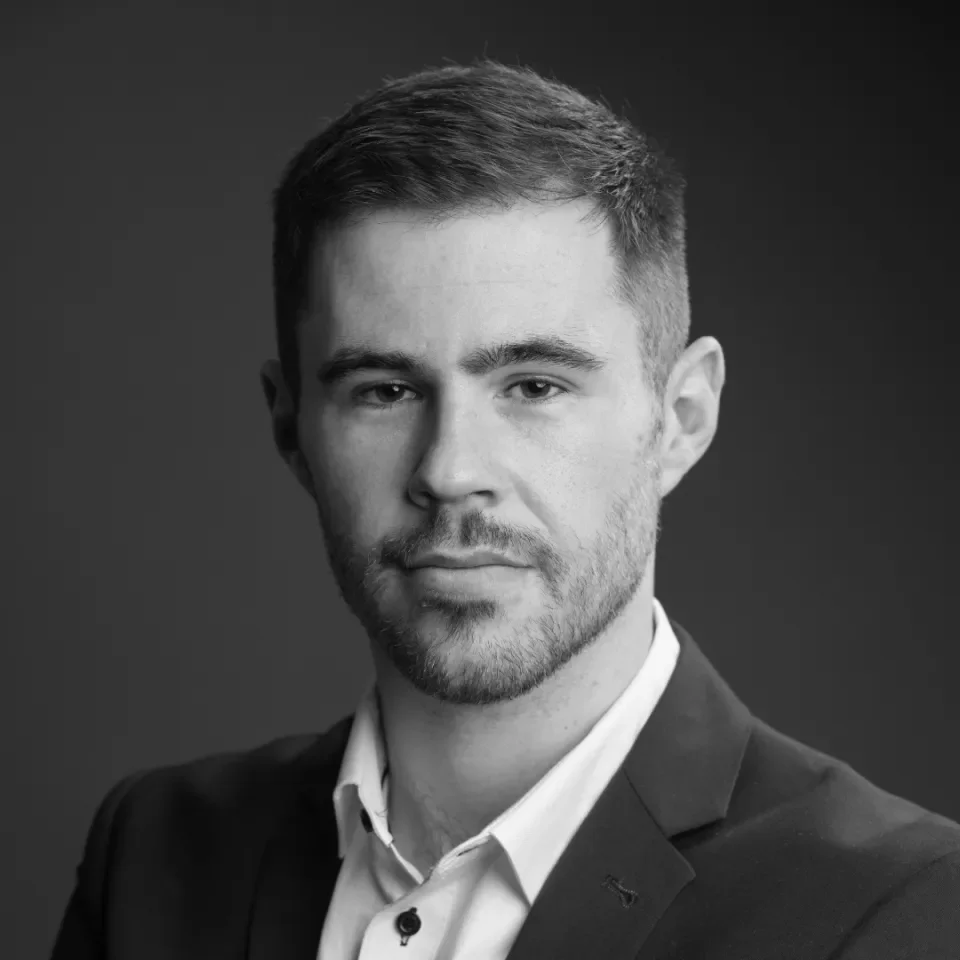
Mahon McCann
Name: Mahon McCann
Areas of research: Ethics, Philosophy of Mind and Digital Technologies
Areas of teaching: Philosophy & Ethics
Email: mahon.mccann@dcu.ie
Peter D. Larsen is a part-time lecturer in philosophy in the School of Theology, Philosophy, and Music at DCU. He also teaches on the DCU Connected programme. He has previously held teaching positions at Trinity College Dublin and University College Dublin. In these capacities he has led modules on a wide range of topics in philosophy, both historical and contemporary. His research is primarily focused on ancient philosophy, especially questions surrounding the cognitive psychology of Plato and Aristotle. He also has an active research interest in Early Modern philosophy, especially the philosophy of George Berkeley. He is currently engaged in a wider project that considers the Platonic influences on Berkeley's early philosophy, including his immaterialism, idealism, philosophy of nature, and moral philosophy. For further details on his research output, please see https://philpeople.org/profiles/peter-larsen.
Name: Alissa MacMillan
Areas of Teaching and Research: Early modern philosophy and religion, feminist philosophy, American pragmatism, religion and literature
Email: alissa.macmillan@dcu.ie
Bio: Most often thinking and writing about Thomas Hobbes, I received my PhD from Brown University (2013), with a dissertation on Hobbes and religion. I’m a former FWO Postdoc at the University of Antwerp (2015-2018) and a former postdoctoral research fellow at the Institute for Advanced Study in Toulouse, France (2012-2015). My current work is on religion, curiosity, and fear in the early modern period and I also have an interest in American pragmatism (William James especially), theory of religion, and religion and literature.
Name: Róisín Nic Athlaoich
Email: roisin.nicathlaoich@dcu.ie
Bio: Róisín Nic Athlaoich is a part time lecturer in Music at Dublin City University.
Róisín currently teaches on both the Bachelor of Arts (Joint Honours) and Bachelor of Religious Education and Music undergraduate degrees. As a music lecturer at St. Patrick’s College, Róisín taught on the Bachelor of Education degree and devised a Curriculum Music course in Irish for those wishing to teach in the Gaelscoil.
Areas of specialism include: Compositional techniques, Analysis, Musicianship, Music theory, Aural training and keyboard skills.
Research: Performance and Analysis – bridging the divide between these interconnected disciplines, with a particular focus on the Unaccompanied Solo Suites by J.S Bach.
Other areas of interest include: Choral studies, Choral Conducting and Early Childhood Music Education
Róisín teaches Violin, Viola and Piano and has taught violin and viola at the Royal Irish Academy of Music.
She has also performed with a variety of ensembles ranging from Classical (National Symphony Orchestra, RTE Concert Orchestra, City of Dublin Chamber Orchestra) to Rock/Pop (U2, Damien Rice, Declan O Rourke, Katie Melua, Tommy Fleming, KILA, The Corrs amongst others).
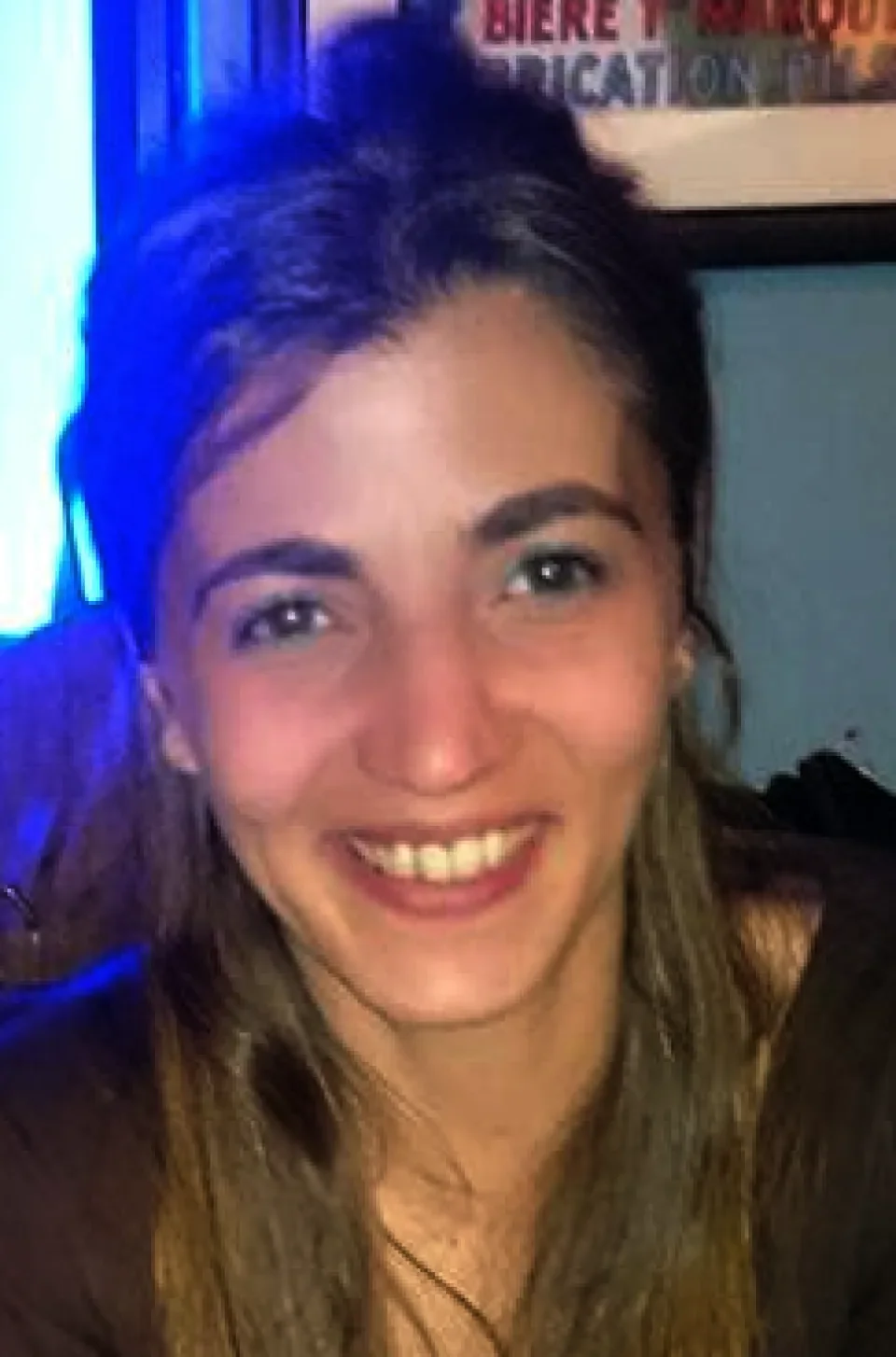
Cinzia Ruggeri
Name: Cinzia Ruggeri
Area of Teaching:
- Aesthetics
Areas of research:
- Phenomenology
- Philosophy of Emotions
- Social Ontology
Email: cinzia.ruggeri@dcu.ie
Bio: I joined DCU’s School of Theology, Philosophy, and Music in 2019 as a part-time lecturer in Aesthetics. Previously, I was an occasional lecturer (History of Ethics) and a teaching assistant in the School of Philosophy at University College Dublin (UCD). I completed my PhD in the School of Philosophy at UCD with a dissertation on Max Scheler’s theory of sympathy. My PhD was funded by the Irish Research Council (2013-2017).
My research interests lie primarily in Phenomenology (especially Husserl, Scheler, Heidegger), Philosophy of Emotions, and Social Ontology. Currently, my research focuses on the relation between collective intentionality, social identity, feelings and values.
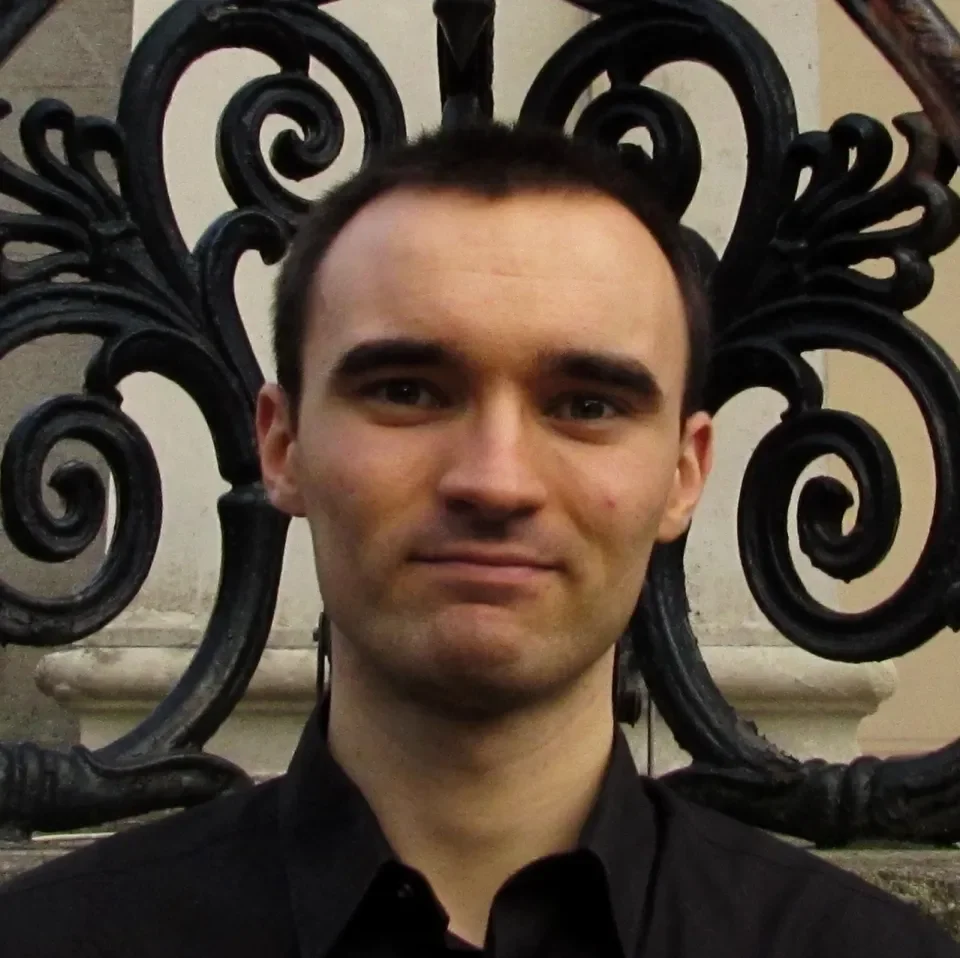
Cathal Twomey
Name: Cathal Twomey
Area of Research: Music (text-setting)
Areas of Teaching: Counterpoint, music history, performance
Email: cathal.twomey@dcu.ie
Cathal Twomey’s research interests range from Euripides to anime, and from phonology to solmization, but all with common threads of ‘song’ and/or ‘pre-1750 culture’. Cathal completed a BMus degree at Maynooth University in 2015, with a thesis on musical characterisation of women in Baroque opera, and graduated with first-class honours and a prize for first place in BMus Degree Examinations, before receiving the inaugural Alison Dunlop Graduate Prize with a 2016 MA dissertation on text-setting in Boyce’s Solomon. In 2021, Cathal’s PhD thesis (on Handel’s English-language works, funded by the Hume Doctoral Fellowship, supervised by Estelle Murphy) passed with minor corrections. Cathal lectures in music theory at Dublin City University and in musicology at Maynooth University, has published in the H?ndel-Jahrbuch, the Handel Institute Newsletter, Eighteenth-Century Music (on Handel), the Dublin Musicology Zine (on rhetoric), and Rhetor (on Britney Spears), and is investigating postdoctoral opportunities for research on early-modern text-setting.
Email: lucia.macpartlin@dcu.ie
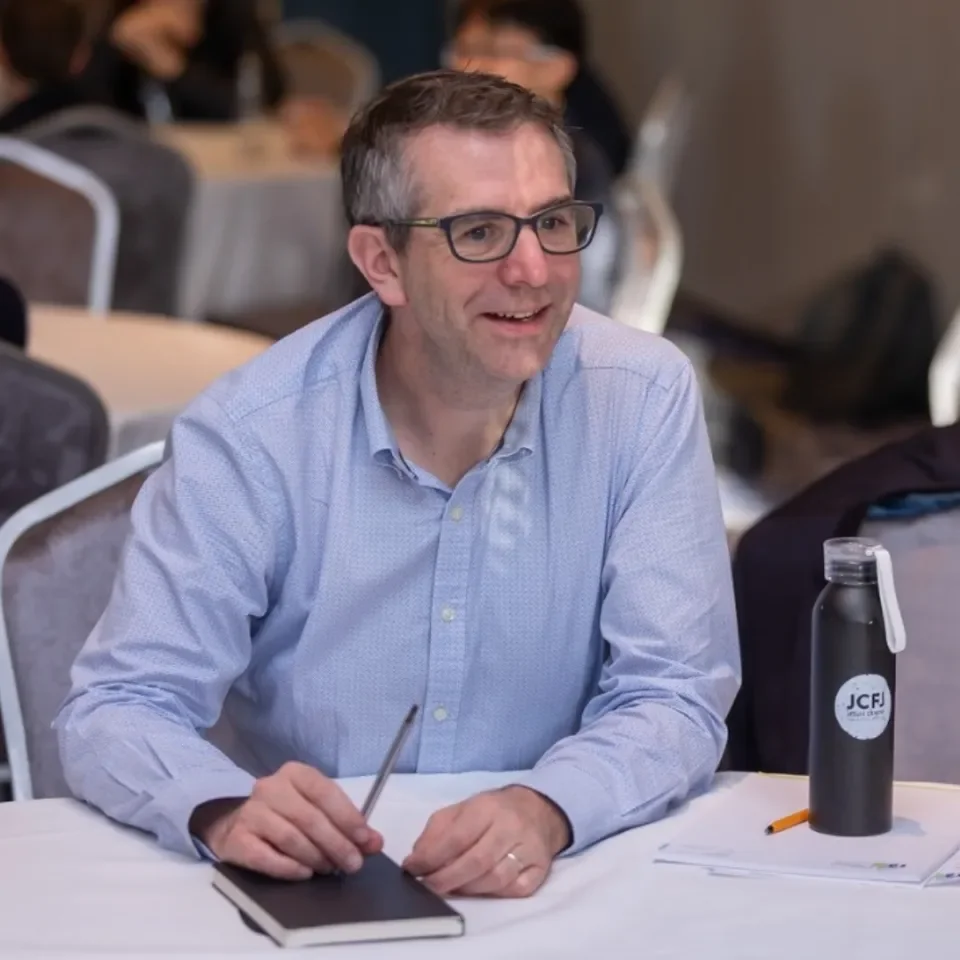
Kevin Hargaden
Name: Kevin Hargaden
Areas of research: Eco-Theology, the Relationship between Theology and public policy, the Theology of Prisons, Catholic Social Teaching, the work of Karl Barth and his successors, particularly in moral theology
Areas of teaching: Christian Ethics, Political Theology, Pastoral Theology
Email: kevin.hargaden@dcu.ie
Kevin Hargaden is the Director and Social Theologian of the Jesuit Centre for Faith and Justice (www.jcfj.ie) in Dublin, Ireland. He has degrees in Computer Science, Sociology, and Theology. He did his PhD at the University of Aberdeen under the supervision of Brian Brock and Stanley Hauerwas, studying the theological implications of the collapse of the Celtic Tiger. He is the author of numerous popular and academic publications including Theological Ethics in a Neoliberal Age (Cascade, 2018)
Email: robert.s.harvey@dcu.ie
Email: claire.carroll@dcu.ie
Email: iovanna.feeley@dcu.ie
Email: eoin.conway@dcu.ie
